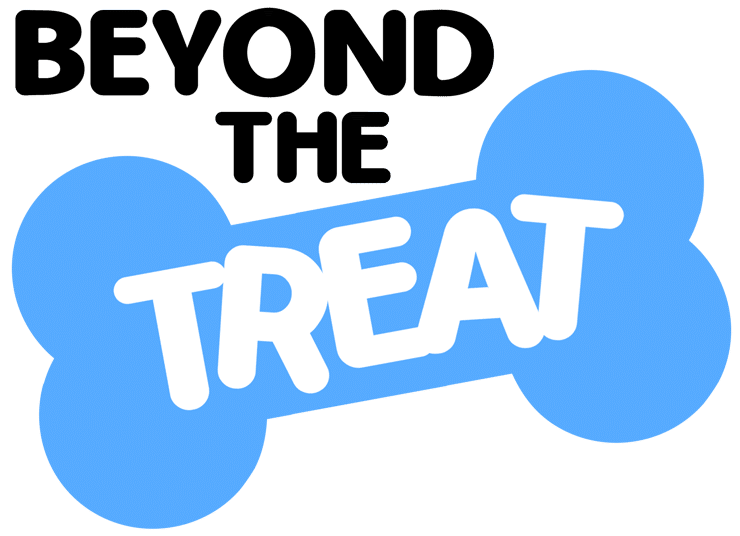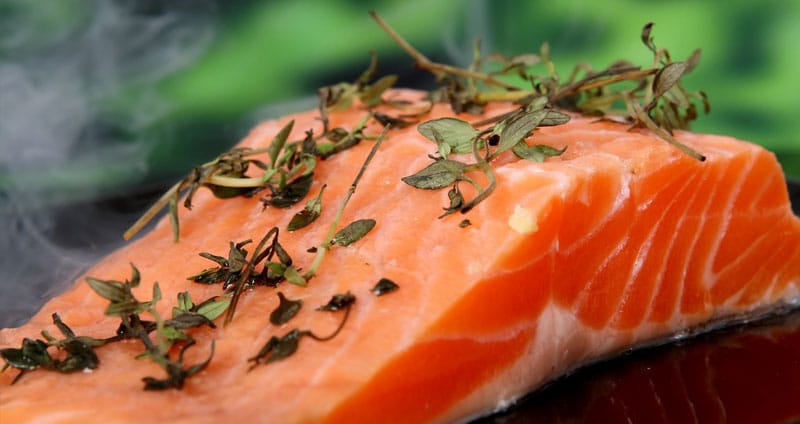Fish is one of the most commonly-eaten meats in the world, and it’s quite clear why that is. Aside from its great taste, fish is rich in omega-3 fatty acids, calcium, phosphorous, iodine, zinc, magnesium, potassium, and vitamins D and B2. With fish having so many health benefits, you might be wondering: Can ferrets eat fish?
Because of a ferret’s fine-tuned digestive system, you can feed your ferret fish in very small amounts. Fish is not an optimal food for ferrets, and large amounts can cause extremely smelly waste and harmful indigestion.
Table of Contents
What Do Ferrets Eat In The Wild?
In order to better understand why ferrets can’t eat much fish, it helps to know what they naturally eat in the wild. Over many thousands of years, ferrets’ digestive systems have become optimized to digest and process the food that they’re regularly exposed to in the wild.
This characteristic is what makes it so important that you match your ferret’s diet to what wild ferrets eat!
Ferrets are obligate carnivores, meaning that meat eating to them is a necessity. Standard carnivores eat primarily meat but can also eat plant matter, while obligate carnivores absolutely need to eat meat in order to get essential nutrients that they need to live. Obligate carnivores can eat plant matter, but they can’t process or digest it. This can result in intestinal distress and blockage.
In terms of where ferrets get their meat from, the sources are quite varied. Ferrets eat basically anything that they can get their paws on! Some of the most commonly-eaten animals include rabbits, rats, birds, and even snakes.
Theoretically, if a fish were to be laying on the ground for a wild ferret, they shouldn’t hesitate to eat it, but it’s not a common food item.
Why Is Fish Not The Best For Ferrets?
Both black footed ferrets (modern-day wild ferrets) and pre-domesticated ferrets from 2,500+ years ago lived the lives of obligate carnivores. Fish is meat, so technically it fits into the dietary requirements of an obligate carnivore. However, because domesticated ferrets’ ancestors rarely ate fish, their bodies aren’t optimized for getting proper nutrients out of it.
When a ferret, or any animal, eats a food that doesn’t give them much nutritional content, it can result in weight gain and a negative effect on their appetite. Fish doesn’t give ferrets much nutritional content, so it wouldn’t help in getting them the essential vitamins and minerals that they need to live.
So, since ferrets don’t get much nutritional value out of fish, there isn’t much of a point in feeding it to them. The money spent on the fish would be better spent on other food that more closely matches what a ferret is designed to be eating.
When Is It Okay To Feed A Ferret Fish?
Although fish generally doesn’t give ferrets much nutritional value, that doesn’t mean that it’s inherently harmful. If your ferret is eating a healthy diet consisting of a nutritionally-complete kibble, some raw foods, and the occasional treat, then tiny fish pieces could make for a good weekly snack. It should, however, never be used as a key component of your ferret’s diet.
If you do want to feed your ferret fish, you should always feed them fresh, high-quality raw fish. Fish prepared any other way, especially if it’s seasoned, could cause serious health problems. Canned or processed fish contains lots of additives and preservatives that ferrets simply can’t process.
Although ferrets may seem very similar to cats, and you may be tempted to feed your ferret as if they were a cat, you should avoid doing so. Ferrets are actually very different from cats in terms of what they can and can not eat, especially when it comes to fish.
So, the above information is true for fish by itself, but what about fish that’s used as an ingredient in ferret food?
Is Ferret Food With Fish Okay?
Ferret-specific food that uses fish as the main protein should technically be okay for ferrets to eat. However, this type of food isn’t commonly seen, as fish simply doesn’t provide ferrets with all of the nutrients that they need. There are much more efficient and appropriate protein sources for ferret food that don’t result in intestinal problems and smelly waste.
If you still do want your ferret to reap the benefits that come from fish consumption, there are other ways to do it. One common method that ferret owners use is supplementing their ferret’s food with a fish oil. Small amounts of this given with a quality food generally results in healthier skin and fur, but large amounts can dry out skin and cause stinky poops.
OUR RECOMMENDATION
Grizzly Salmon Oil
Ferret owners that want to supplement their ferret’s diet with fish oil commonly opt to use this salmon oil.
One or two pumps into a ferret’s food is a great way to keep their skin and fur healthy and strong.
This oil is a much safer and healthier way to ensure that your ferret gets helpful fish nutrients.
What Meat Should I Feed My Ferret Instead?
While fish is very nutrient-rich and can give ferrets some nutrition, it’s nowhere near as efficient at giving ferrets these nutrients as other meats. These more efficient meats are also more readily-available and cheaper than fish, so they’re all-around the better dietary choice.
The most readily-available and nutritious meat for ferrets is chicken or poultry. This is a staple protein source in most ferrets’ diets, is very affordable, and gives ferrets many of the nutrients that they need.
Lamb, turkey, and venison also make for great protein sources for ferrets. Pork and beef are also fed to ferrets sometimes, but they’re relatively difficult to digest and aren’t as readily-available.
On top of those primary protein sources above, liver meal, meat meal, fish meal, bone meal, and whole eggs should make up some of the first ingredients of a ferret’s food.


